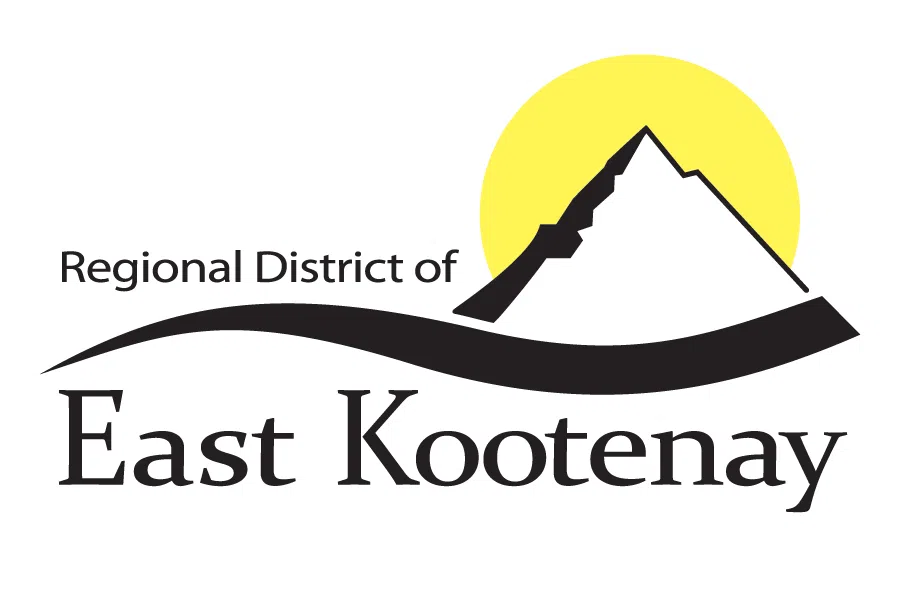Striking a balance: town hall tackles taxes, housing, climate, and community growth

Photo credit: Regional District of East Kootenay
Area C residents received updates on taxation, housing, climate planning and regional services during a public town hall meeting held June 16, according to the Regional District of East Kootenay.
The session included an overview of the RDEK’s five-year financial plan, current and proposed capital projects, and policy development affecting the rural area.
Property taxes in 2025
The 2025 financial plan includes a $2.3-million increase in property tax revenue.
According to the RDEK, $1.8 million of that is attributed to shared services delivered across multiple jurisdictions, including solid waste and emergency management.
The remaining $500,000 relates to increases in individual service areas, which vary depending on participation.
The primary cost driver is the solid waste service.
Long-term contracts signed at lower rates in previous years are expiring, and new contracts reflect increased costs due to inflation.
Additional increases are linked to reserve contributions for services such as administration and fire protection.
The RDEK has published a financial package of more than 200 pages on its website, with breakdowns by service area.
A six-page “budget snapshot” is also available.
Housing needs assessment
A provincial housing needs assessment identified demand for more three- and four-bedroom homes in Area C over the next five years.
However, most of the area falls within the Agricultural Land Reserve, which limits development potential.
Accessory dwellings are being considered as an option, though construction costs remain high.
An estimate shared at the meeting placed the cost of a 1,000-square-foot unit at about $500,000, including septic and water systems.
The RDEK plans to gather public feedback on housing options as part of its upcoming Official Community Plan review.
Climate action plan
The RDEK is developing a new climate action plan.
The plan will focus on personal transportation and home energy use, identified as the region’s largest greenhouse gas emissions sources.
According to the RDEK, rural residents often rely on private vehicles and live in older housing stock.
Participation in existing energy retrofit programs has been strong, and efforts are underway to expand support for upgrades such as insulation and heating systems.
Shared recreation services survey planned
A survey is planned for fall 2025 to gauge interest in a proposed service agreement to fund cultural and recreational facilities in Cranbrook, including the aquatic centre, art gallery and Moyie Lake Park.
Area C residents currently use these services but do not contribute tax funding toward their operation, the RDEK said.
A potential service agreement would cost each property an estimated $20 to $40 per year, depending on services included.
The survey is not a referendum but will inform whether the RDEK proceeds with service establishment in 2026.
2025 capital projects
Planned capital projects in Area C for 2025 include:
-
Purchase of a winter trail groomer for Wycliffe Regional Park, funded 50 per cent through the Canada Community-Building Fund and 20 per cent through regional reserves
-
Completion of the organics composting facility at the Cranbrook landfill
Other major projects outside Area C include:
-
Opening of a new transfer station at Radium Hot Springs
-
Completion of the $13-million Spring Creek debris mitigation project in Fairmont Hot Springs, funded 98.5 per cent through senior government grants
Emergency management program restructuring
The RDEK currently operates three subregional emergency management programs.
Most activities take place within the central subregion, with costs allocated to the others.
Amalgamation into a single regional program is planned for 2026.
In 2024, the RDEK used reserves to offset taxes for emergency services.
In 2025, taxation will increase to support normal operations and staffing.
Local volunteers recognized
The meeting recognized the contributions of volunteers serving on Area C commissions and advisory groups, including:
-
Electoral Area Advisory Commission
-
Area C Planning Commission
-
Utility commissions for Moyie and septic systems
-
Columbia Basin Trust Community Initiatives Committee
These groups provide input on planning, grant funding, infrastructure and utilities.
Next steps
Residents are encouraged to take part in upcoming community surveys.
Financial documents, project updates and planning materials are available at rdek.bc.ca.


Comments